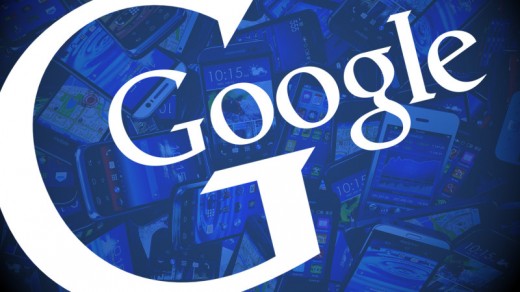Google Wireless: Company To Offer Mobile Service Using Sprint, T-Mo Networks
Report says Google ready to become a mobile telecom to shake up market.
According to a report in The Information, Google is about to become a wireless carrier. The company will become a mobile virtual network operator (“MVNO”) on top of the Sprint and T-Mobile networks in the US.
The article claims the project is currently underway and Google employees are testing it internally. It cites unnamed sources familiar with the initiative, internally called “Nova.”
The Information characterizes it as “an experiment” that is intended to put competitive pressure on major carriers Verizon and AT&T to improve pricing and innovation. If accurate, it would allow Google to test new kinds of services and gain new data from users as a carrier.
It would hypothetically be able to capture, for example, network location for all its users and factor that back into mobile search and display advertising analytics. It also would potentially enable better cross-screen advertising and analytics as well.
Google has flirted with the idea of selling voice and data to the public in the past. The company has several patents that involve managing a mobile device connection over several networks on a kind of ad-hoc basis. A couple of these date back to the late 1990s.
The company unsuccessfully bid on wireless spectrum licenses back in 2007 – 2008. Its objective was not to actually win the spectrum but to exert pressure for open access to the network broadly. Google’s current bid to become a wireless telecom can be seen as a somewhat similar, albeit bolder, move.
Indeed Google’s telecom dream is consistent with the company’s larger push to deliver internet access directly to the public through Project Loon, satellites or Google Fiber. Google will pay wholesale fees to T-Mobile and Sprint and resell network access. The combination would provide near total US 4G coverage rivaling Verizon or AT&T.
As The Information points out it’s unlikely that Google will truly seek to go head to head with the major carriers for customers and become a full-fledged competitor in the US mobile market. That would be a costly and difficult game. It would likely generate investor disapproval in the same way that owning Motorola did.
Yet Google may be able to offer innovative plans that stir up the market, just as Fiber has forced incumbent ISPs to make changes (higher speeds, lower costs) in markets where Fiber exists.
Google Executive Chairman Eric Schmidt spoke (as CEO back in 2006) about providing free phones or wireless service that was ad supported. Google could now see if that was viable. Probably not; ads-for-access MVNOs have failed in the past.
Over the years there have been many MVNOs, from the now defunct Disney and ESPN Mobile offerings to Virgin Mobile (now part of Sprint) and Republic Wireless, to Walmart and Tesco (in the UK). Most have failed because they’ve not been able to build brands, awareness and trust. And most cater to budget consumers or niche markets.
A Google MVNO would be very interesting because of the company’s brand strength and trust. It could quickly build awareness on a national scale. Google could also bundle phones and coverage: free phones with lower-priced plans. I could imagine the company putting together some very attractive packages.
Google would reportedly sell these services online because it has no branded retail presence. However it could always use its existing BestBuy store-within-a-store network to sell “Google Wireless.”
(111)















